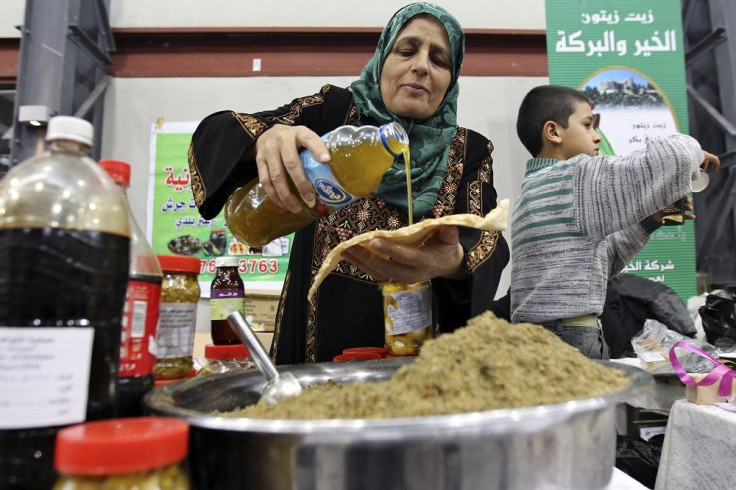Mediterranean tops list of world’s healthiest diets
Food stylist in Nagoya creates salad cakes to make veggies more palatable

Besides warning that diabetes cases have quadrupled globally over the past 34 years, the World Health Organisation (WHO) notes that of the 422 million diagnosed cases of diabetes as of 2014, the more common is Type 2 diabetes which could be avoided through healthy eating
Nutrition experts have identified the healthiest diets in the world on Friday to mark World Health Day. And the clear winner is the Mediterranean diet which a recent study said lowered the rate of hip fractures for postmenopausal women.
Anna Daniels, spokeswoman of the British Dietetic Association, stresses that there is evidence that the Mediterranean diet is good for heart health and longevity. The diet features fresh fruit and vegetables, wholegrain cereals, nuts, red wine, fish and dairy, and olive oil as the main source of fat.
Besides the new study linking it to lower rates of hip fractures for older women, the diet also is credited for better overall health and lower risks of chronic conditions such as cardiovascular ailments, stroke, dementia and Type 2 diabetes, reports Business Insider. To protect against Alzheimer’s, another new study suggests including a focus on berries and strawberries.
After the Mediterranean, comes Japanese food known for being high on certain carbohydrates, veggies, fruits, fish and meat. A study found that Japanese who followed a 2005 recommended food guide that encourage people to have a diet low in saturated fats, processed foods and high in carbohydrates had a 15 percent lower mortality rate and less likely to develop conditions such as blocked blood flow to the brain.
Third on the list is Nordic diet, or what people from Sweden, Denmark, Norway, Finland and Iceland eat. These are mostly rye bread, oily fish, local fruits such as rose hip, root vegetables, fermented milk and cheese. The diet was found to be comparable to the Mediterranean diet and reduced inflammation. Daniels adds it is low in sugar, high in fibre and contains a lot of fruits and veggies.
Also on the list are West African and French diets. Meanwhile, with fruits and veggies high on the list of the top diets, a Japanese designer and food stylist, Misuki Moriyasu, creates salad cakes to make veggies more palatable, reports The Telegraph.

Her cakes, which she sells from her new Vegedeco café in Nagoya, blends whole vegetables with soybean flour to create a spongy feel. She only adds little or no sugar and mixes veggies with cream cheese or tofu to create the icing. Moriyasu’s cakes are low-carbohydrate and gluten-free, and now a new Japanese craze.





















